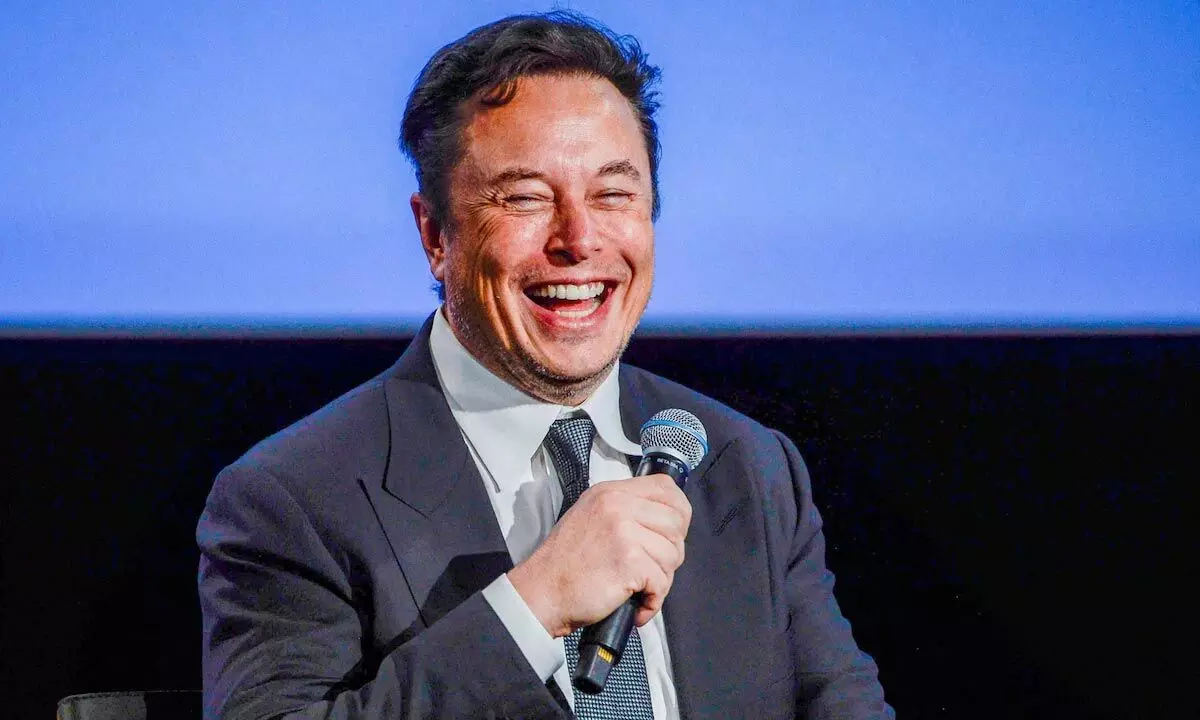Elon Musk forecasts AI-Powered ChatGPT to end homework soon
Elon Musk

ChatGPT from AI research firm OpenAI is capable of parsing complex text input and providing responses in plain English. The AI-powered chatbot is even capable of writing long essays and solving math problems, though sometimes the result can be inaccurate. However, if you know the context, humans can correct the text or check arithmetic problems, which makes the task much easier. This is why Elon Musk, owner of Tesla and Twitter, predicts that AI chatbots could practically do away with homework.
Reacting to a Twitter post, Musk says that in the "new world," one can say "goodbye" to homework. Some New York-based universities plan to ban the use of ChatGPT to complete homework. As part of the measure, the systems linked to the university's servers will not open the ChatGPT website. According to a report, the education department has restricted access to ChatGPT, citing "negative impacts on student learning and concerns regarding the safety and accuracy of content."
The report quoting the department of education spokesperson, Jenna Lyle, highlights: "Due to concerns about negative impacts on student learning, and concerns regarding the safety and accuracy of content, access to ChatGPT is restricted on New York City Public Schools' networks and devices." However, the platform will continue to be accessible to students on their personal computers and tablets.
Although Musk's comments are satirical, the concerns surrounding AI-powered platforms may be troubling. Last month, the Wall Street Journal experimented with one of the journalists by enrolling her in a school, where she used ChatGPT to finish her writing project. The platform was found to provide a generic summary of the topic, though the results were good enough for the journalist to achieve a B+ grade on the project with hardly any reading of the text or extensive research.
However, some companies and researchers are working on platforms to detect text generated by AI-powered chatbots like ChatGPT. Originality.AI, a website, claims that it can detect content generated by ChatGPT and check for plagiarism. TechCrunch reports that OpenAI, the creator of ChatGPT and Dall-E, is also working on a secret watermark to help tools detect AI-generated text. Texas professor Scott Aaronson, who is also a visiting researcher at OpenAI, says the tool can help prevent "academic plagiarism." Interestingly, if we ask ChatGPT if its responses were plagiarized, the chatbot notes that "text generated by GPT could be similar to text that appears in other sources. In such cases, a plagiarism tool might flag the text as potentially copied."


